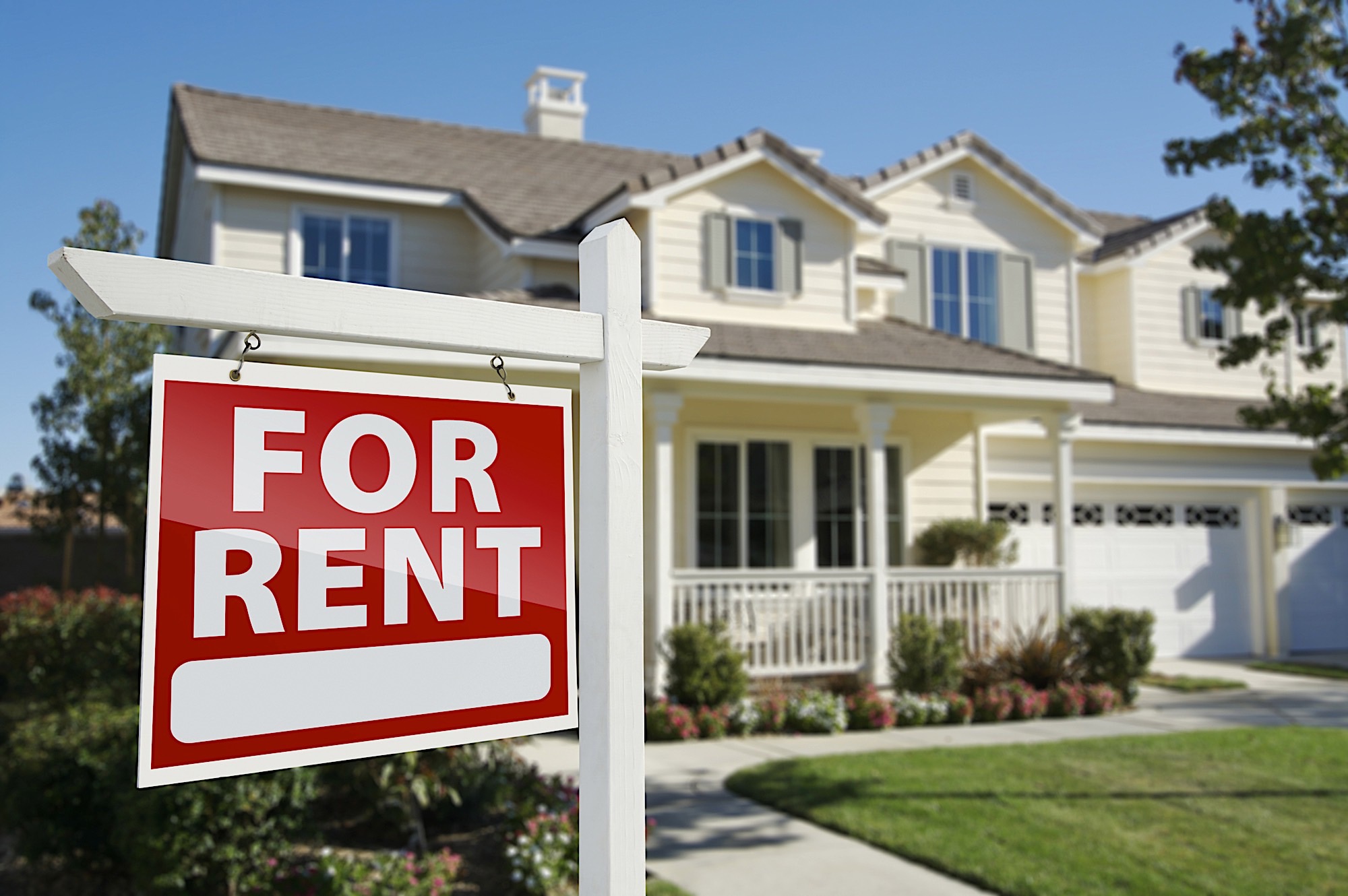Tenant screening is the most important step you can take to ensure you are renting to quality tenants. While nothing you do will ever guarantee good tenants you always want to give yourself the best possible chance. By taking the time to screen your tenants and ask the right questions you can eliminate many bad tenants that may fall through the cracks. All it takes is one bad tenant to put you behind the eight ball and impact your business for the next several months. By being willing to reject suspect tenants and focus strictly on solid ones you greatly reduce your risk of running into trouble. Here are a few tips to help you find the best tenants for every lease.
- Strict Screening System. Lenders don’t give out loans to every borrower that asks for them. As a landlord you should have a similar mindset. You can’t be willing to rent your property out to the first halfway qualified person that comes your way. This can be difficult when you are nearing the end of the lease and staring at eviction. However, by implementing strict screening you are protecting the long term life of your property. Screening starts with sending every interested tenant an application before they even see the property. The more you go back and forth with showings the more likely you will get frustrated and end up letting your guard down. Your initial application really only needs to be a few questions long. You need to have some idea of their current employment, current residence, previous residences, criminal history and any personal references. Make it known that this step is needed before you show the property. If there are any red flags at this point you need to make the applicant aware and move on to the next tenant. The longer you go back and forth the less time you have to look for your real tenant.
- Pictures & Photos First. There are many more property marketing options than ever before. In the past if you wanted to rent a property you most likely put an ad in the local newspaper. Interested tenants would call about the price ask the address and schedule a showing. While newspaper can still be effective you now have dedicated rental websites as well as social media at your disposal. In order to streamline the process, save time and eliminate the window shoppers you should have quality pictures and videos readily available. For a relatively low cost you can even set up a website strictly dedicated to your rental property. This website can include pictures, videos, frequently asked questions, lease information and more. By doing this you save time but you also funnel serious tenants to you. There are many would be tenants who will not take the time to fill out an online application or follow up through by email. Those that do you know have a real interest in the property and are more likely to work out for you. They already know the rules and expectations as laid out on the website. They may have a few random questions but most of the bigger items are already answered. At this point it is all about whether or not they like the property and can fit your timeline for moving in.
- Contact References/Previous Landlords. Having an application only makes sense if you are willing to follow up on it. While there are many great tenants there are also some serial property abusers. They may appear nice but on closer inspection are a disaster. The only way to know is to make some phone calls and do some legwork. Start with their current employer. Make sure that the phone number listed matches up with what you find online. It is not uncommon for bad tenants to provide the number of a friend or family member that poses as the employer. When you call ask for the human resources department or if the company is small enough the owner. Explain who you are and why you are calling and verify employment. You also want to verify the number of hours listed on the application. If employment checks out you should also reach out to any previous landlords listed. A prospective tenant probably won’t come right out and offer up that they were recently evicted. A call to the past landlords should provide this information. You need to be a little careful in taking their word too strongly. You never know if they held a grudge for how the lease ended or if something happened during it. If there were no problems at all you should feel confident that you have a strong tenant.
- Expectations & Guidelines. It is important that you get out as much information as possible before your tenant signs the lease. Your tenant may look great on paper and have an interest in the property but before you lease is signed you need to tie up any loose ends. Go over the lease and point out any items of particular importance to you. If you are set against pets or smoking in the property you need to let them know any consequences for breaking the rules. Regardless of what is on the lease you need to reiterate the guidelines for the maximum number of people in the house, parking rules, payment options and what utilities they are responsible for. If your tenant has any questions now is the time to address them. Even if it takes a few extra days or even a week to sort everything out it is better to do it now rather than have to deal with things in the middle of a lease.
By going the extra mile you give yourself the best chance at finding good tenants. This process may seem long and tedious at times but is the most important thing you can do for your rental property.






